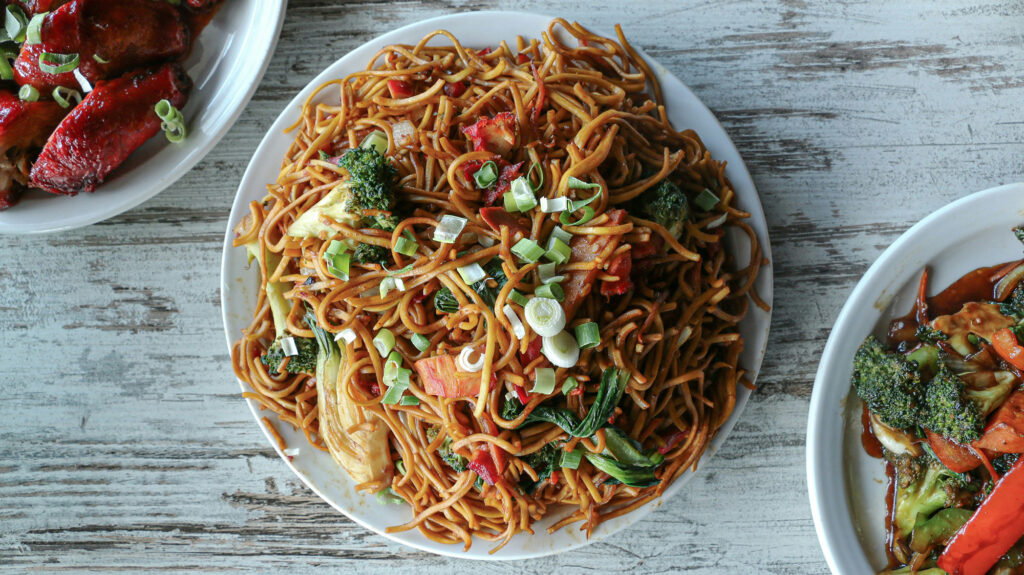Raisins are a natural source of sugar. They contain fructose and glucose. So, they are high in carbohydrates. When we consume raisins, the carbohydrates are broken down into glucose in the bloodstream. This can cause a rapid increase in blood sugar levels. Two tablespoons of raisins contain about 15 grams of carbohydrates. This can result in a hyperglycaemic response.
How to optimise your raisin intake with the help of nuts and protein
• You can increase the diversity of nuts you consume. For example, almonds, cashews and walnuts. Nuts are a healthy source of fat, protein and fibre. They can help balance out the carbohydrate content of raisins.
• Consider adding raisins to a whey protein smoothie and pair it with protein. This can increase satiety and also help stabilise blood sugar levels.
Raisins rank medium on the glycaemic index as they have a significant amount of sugar. But, the presence of fibre helps slow down the process of digestion and absorption of nutrients. So, the impact of raisins on blood sugar is not as pronounced as it could be without fibre.







